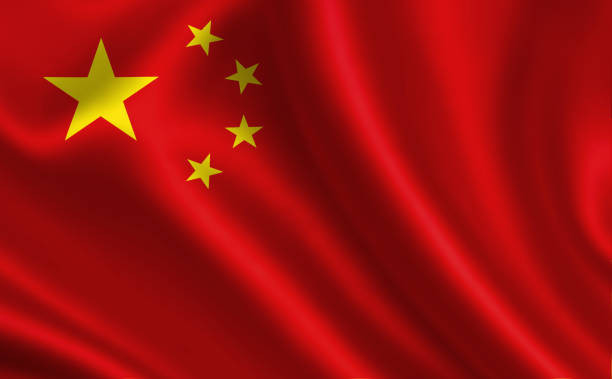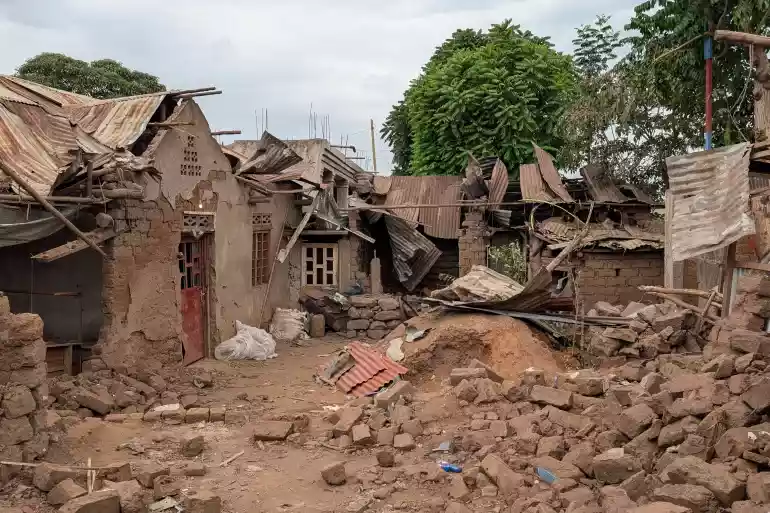
Rare earth elements are a group of 17 metals that are absolutely essential for many of the most important modern technologies that drive our economies and militaries. These critical minerals are used to manufacture everything from smartphones, electric vehicle batteries and wind turbines to fighter jet engines, missile guidance systems and other advanced defense capabilities.
However, China currently holds a stranglehold over the global supply chain for these indispensable elements. It controls around 60% of mining production but, more crucially, commands an overwhelming 90% share of the complex chemical processing required to refine rare earth ores into usable metals, alloys and permanent magnets.
This monopoly has provided China with immense economic and geopolitical leverage, which it has not hesitated to weaponize as a diplomatic bargaining chip against other nations like Japan. In 2010, China cut off rare earth exports to Japan over a territorial dispute in the East China Sea, causing prices to skyrocket by as much as 900%.
As one of the documents bluntly states, “China has positioned rare earths as strategic resources and has used its near-monopoly as a diplomatic bargaining chip.” And China remains undeterred in wielding this power, recently announcing it is considering new limits on rare earth exports.
The potential global consequences of a full rare earths embargo by China would be absolutely crippling to industrial supply chains across every sector. As an Australian industry leader warned, “Beijing’s ability to withdraw supply of the vital metals and magnets…essential for modern living and defense needs” poses an unacceptable national security risk.
That stark reality has finally galvanized the US, Australia, Japan and India – the four nations comprising the “Quadrilateral Security Dialogue” alliance – into urgently cooperating to reduce their overwhelming dependence on China for rare earth supplies.
The Quad plans a multi-layered attack of investing in new rare earth mining projects across their countries, developing alternative processing and refining technologies to break China’s grip on these critical methods, drafting new international export rules and controls, and structuring production sharing across the alliance’s capabilities. However, building an independent rare earths supply chain completely disconnected from China will be enormously difficult and expensive. Part of China’s longstanding competitive advantage has stemmed from its willingness to cause severe environmental damage through lax regulations on hazardous waste from rare earth refineries.
- Letter from America: Education: Zimbabwe still ahead of the pack
- Depression ‘fears’ for MisRed
- Zimbabwe seek final flourish
- Man kills wife for buying bag
Keep Reading
As one document explains, “Partially due to its lax environmental restrictions, China has built up a price advantage in the rare earth market.” This has allowed China’s rare earth mining and processing operations to operate at much lower costs compared to Western companies bound by stricter environmental standards. Beyond the price disparities, the complex chemical processes required to efficiently and economically separate and refine rare earth ores into purified usable form have proven incredibly technically challenging to recreate outside of China.
“Complacency – compounded by the lure of China’s cheap prices – meant other countries had not even tried to master complex chemistry processes and technology needed to turn concentrates into essential ingredients,” according to one of the documents. A collapse in rare earth prices over the past two years has further diminished the economic viability of proposed mining projects in Australia, the United States and Brazil.
Nevertheless, Western nations have been left with no choice but to plow forward – essentially recreating an entire rare earths supply chain from scratch. “Taxpayer funds are now the common ingredient to boost the processing of rare earths,” according to one of the documents. The U.S. government has provided billions in loans, grants and tax credits to companies attempting to restart domestic rare earth mining and processing capabilities. Australia has committed over $2 billion in low-cost financing to similar efforts.
But even with massive government subsidies to incentivize the required private investment, success is far from guaranteed given the immense technical hurdles and capital costs involved. As one analyst commented, “The pace at which Brazil’s rare earths projects come together will be a test for how successful the West may be at building a new advanced industry almost from scratch to break China’s grip.” The stakes, however, could not be higher. Continuing to allow a geopolitical rival like China to control the destiny of materials absolutely vital for nearly every modern industrial supply chain – from essential civilian products and infrastructure to critical defense capabilities – is an existential risk that could lead to economic catastrophe or even open warfare. While the challenge is great, the US and allies like Australia, Japan and India have no choice but to muster the resources, willpower and national determination required to secure independent rare earth supply chains and end the world’s dependency on China’s restraint in wielding its dangerous monopoly.











